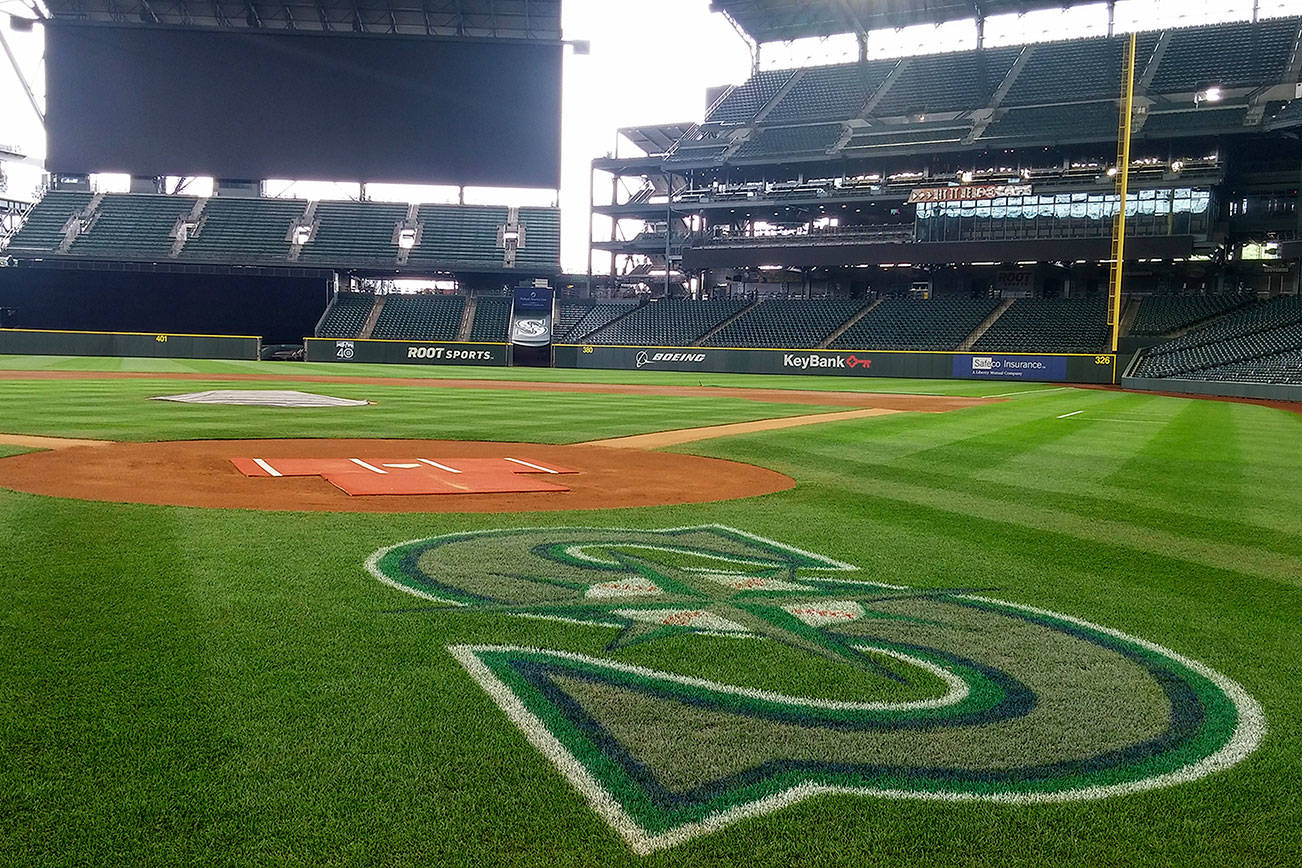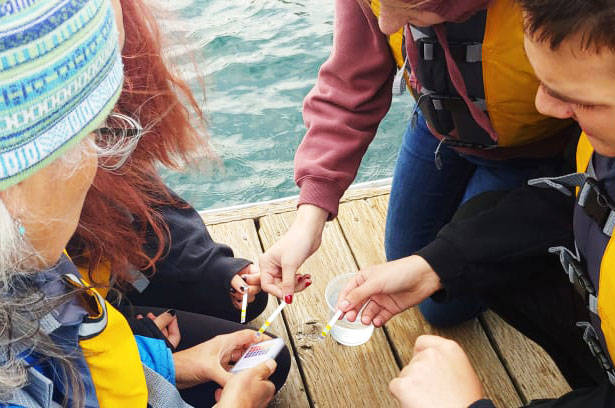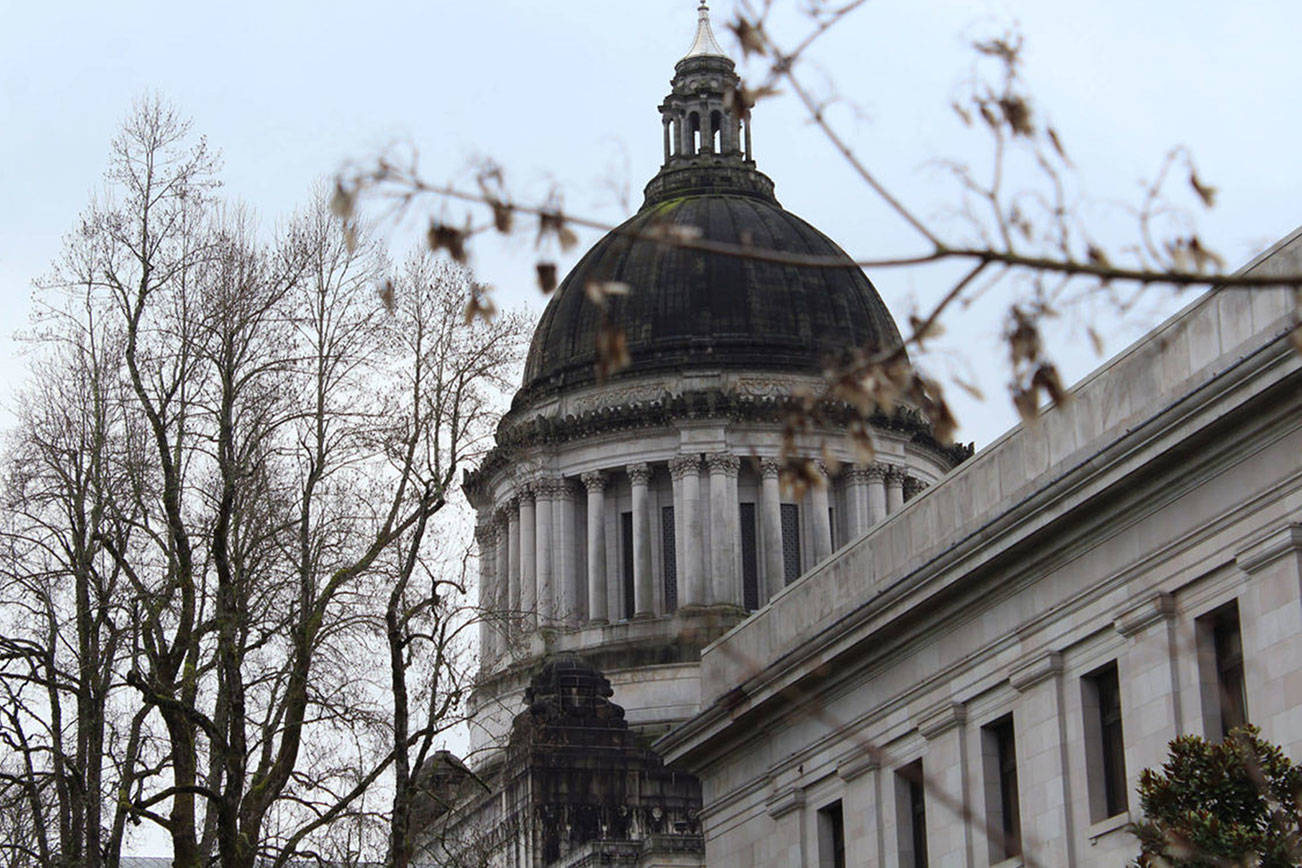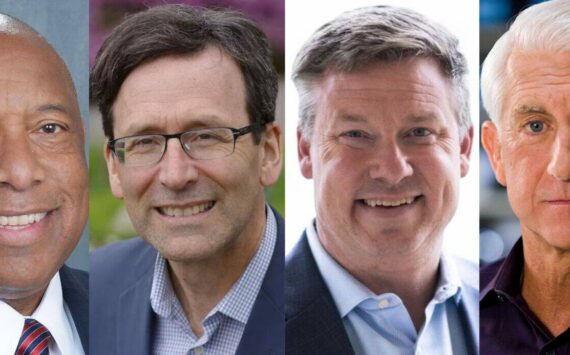A member of the Public Facilities District board—the entity that governs Safeco Field—has argued that the proposed allocation of roughly $180 million in public funds for stadium maintenance is effectively subsidizing the Seattle Mariners, which would otherwise be responsible for the upkeep.
Back in May, the Public Facilities District (PFD) and the Mariners announced terms for a new 25-year lease for the ballclub in Safeco Field. On the same day the lease agreement was rolled out, King County Executive Dow Constantine proposed allocating roughly $180 million in public funds over two decades from the lodging tax on hotels and motels for stadium maintenance at the ballpark.
What wasn’t mentioned at the time was that the Mariners won’t sign their new lease unless King County Council approves Constantine’s plan to spend $180 million on stadium upkeep. The plan has run into some snags among the council: Councilmember Dave Upthegrove has long criticized it as a subsidy for the ballclub, while a council hearing on the proposal July 30 garnered numerous advocates who argued that the money should be spent on affordable housing near transit hubs. State law dictates that at least 37.5 percent of the tax revenue go to affordable housing, 37.5 percent to arts programs, and the remainder to tourism promotion.
A key sponsor of the legislation, Councilmember Jeanne Kohl-Welles, has pulled her name from the ordinance and has announced her support to move more lodging tax money to affordable housing.
The Mariners have long argued that since the stadium is a publicly-owned facility, the county should help pay for maintaining it. The ballclub also points to 2015 consultant report on Safeco Field’s long-term needs that concluded that roughly $800 million is needed to keep the stadium in a “first class manner” through 2041. The report identified roughly $385 million in major capital upkeep, $200 million for basic maintenance and operations, and around $160 million for upgrades, such as a brewpub and an expansion of the existing parking garage.
Per the new lease terms, the Mariners are technically responsible for financing both basic daily operations and maintenance of the ballpark as well as major capital upkeep, such as repairing the retractable roof. The proposed $180 million allocation from the county would go toward the latter upgrades, flowing into a new account known as the “CAPEX Fund,” which both the PFD and the Mariners pay into—the Mariners would funnel roughly $3.2 million for the first five years of the lease while the PFD would pay in $250,000 from the Mariners’ rent payments (which would total $1.5 million annually) as well as parking and ticket taxes. This fund would serve as the primary financing source for all stadium upgrades. The county funds would be limited to financing major capital upkeep.
But, as the lease terms are written, if the CapEx fund were exhausted by the cost of upgrades, the Mariners would be contractually on the hook for picking up the tab. And it’s exactly this point that had Craig Kinzer — founder of Kinzer Real Estate Services and one of the two PFD board members that voted against the new lease terms back in May — concerned at the Aug. 9 board meeting at the offices of Pacifica Law Group in downtown Seattle.
“If this money comes in, it relieves them of an obligation of which they would have more funds available for other parts of their operation or owner distributions or anything that they would want,” Kinzer said.
“If this [county] money was not available for these things, would the club still be obligated to do this?” he later asked his colleagues.
After repeatedly pressing the other board members for direct answers, board chair Virginia Anderson responded by acknowledging that the team is ultimately responsible for all upgrades and maintenance. “Our term sheet leaves that obligation with them, but doesn’t say how they will pay for it. They have requested assistance in paying for that from King County,” she said.
“There’s this controversy that is out there right now: ‘is this money really going to the stadium or is it just relieving the Mariners of an obligation?’” Kinzer went on to say. “Maybe they have more money for payroll [if the allocation comes in] and we have a better team and we win the World Series. Is that true?”
“Maybe,” Anderson responded.
Minutes later Kinzer was cut off by Anderson after he began discussing the increased financial obligation that the Mariners would have if the lodging tax allocation didn’t come through. “We’re not talking about the numbers. This is a vehicle. We agreed on a term sheet,” she said.
Kinzer isn’t the only individual close to the PFD who has concerns with the new lease terms and the plan to funnel $180 million into stadium maintenance. The Seattle Times reported on Aug. 12 that Terrence Carroll, a former King County Superior Court Judge and PFD board member from 1997-2014, penned a letter to the King County Council arguing that the deal is too favorable to the Mariners and that the lease deal should be renegotiated. “All in all, given the history, it is incomprehensible how more public money can be justified without detailed information as to the finances of this very successful enterprise,” Carroll wrote.
Given that the Mariners is a private company, its finances are not completely open to public scrutiny. While the club told the PFD last year that it lost $7 million in 2016, the club is worth $1.45 billion and John Stanton, the team’s majority owner, is worth roughly $1 billion.
“Our owners have never taken any distributions in the years that we’ve been profitable,” Mariners spokesperson Rebecca Hale told Seattle Weekly in early August. “The owners have always reinvested everything back into the ballpark or the franchise in terms of payroll for the team.”
Safeco Field, which opened in 1999, cost $517 million—the majority of which was paid from public funds. The original lease also granted the team naming rights to the stadium, earning $40 million, according to Hale. Naming rights starting in 2018 are currently being negotiated by the Mariners and a number of undisclosed interested companies.
The next county council hearing for the $180 million lodging tax allocation proposal is Aug. 29, where it could potentially get voted out of committee to the full council for a final vote.








